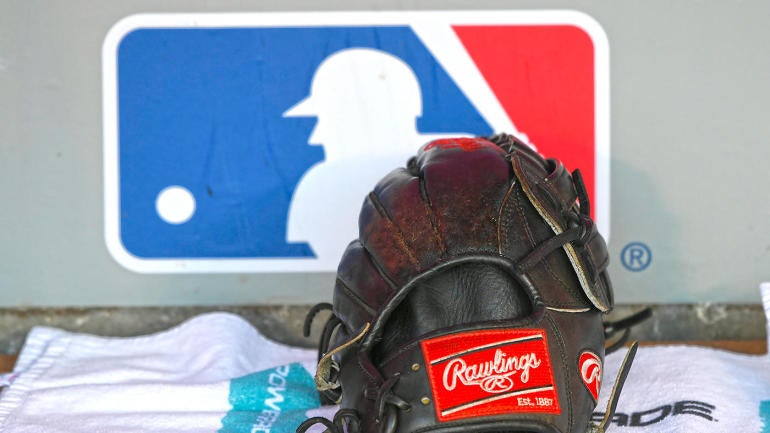
In just over a week's time, 2020 will meet its end. In a more normal time, the beginning of a new year would signal that pitchers and catchers were mere weeks away from reporting for spring training. That may still prove to be the case, but the COVID-19 global pandemic isn't over. Until it is, everything is subject to change.
With so much uncertainty in the air, we felt it would be worthwhile to outline the five biggest questions we have about Major League Baseball's 2021 season.
1. Will the season start on time?
At present, MLB is supposed to kick off its 2021 season on Thursday, April 1. Remember, the league released its schedule in July, before the modified season even started. The odds of the season beginning on April 1 vary in accordance to the source.
At least some teams are bracing for another postponed start to the year, according to what front office members have told CBS Sports. One proposed alternate timeline would see the exhibition season tee off in April, with the regular season to follow in May.
Pushing back the season would allow more time for vaccination efforts. This would make the season safer for everyone -- and, in its own way, would concede that the 2020 season was unsafe -- and it would increase the likelihood of generating gate revenue by having some number of fans in the seats from start to finish.
2. When will we know the answer to Question No. 1?
That's the tricky part. The sources who spoke to CBS Sports do not believe that commissioner Rob Manfred and the owners have the ability to unilaterally impose a later start date. In other words, they would have to reach an agreement with the union.
While that sounds like it should be a relatively easy pitch -- greater safety and more revenue should benefit everyone -- the two sides appear to have trouble agreeing on which day it is. That could lead to another prolonged negotiation process, akin to what the two sides had last summer.
It probably doesn't help matters that the two sides are gearing up for Collective Bargaining Agreement negotiations following the season, with a labor stoppage still looming as a distinct possibility in 2022.
3. How long will the season last?
Again, there's no way of knowing for sure. There is a sense in the industry, based on the above scenario, that the regular season will feature fewer than 162 games again.
If the league were to begin play on May 15, that would allow for somewhere around 120 games on a normal timeline. The two sides could agree to include a number of doubleheaders for each club, as a means of pushing the total closer to 130.
As we saw in 2020, it's clear that the two sides don't necessarily agree with the impulse to play as many games as possible.
4. What rule changes will stick from 2020?
Not to sound like a broken record, but it's hard to know at this point.
Many managers seem in favor of the extra-innings rule sticking around, as ESPN's Jesse Rogers reported last week, which would seem to bode well for it. The universal designated hitter would also appear to be a layup -- an easy way to create more offense -- though the league seems determined to make the union pay a cost for its implementation.
As for the expanded rosters and such -- well, that's to be determined, along with seemingly every other pressing matter.
5. Can the Dodgers repeat?
We'll end with an honest-to-goodness baseball (not Baseball) question.
The Dodgers remain the best team on paper, but it's almost always wiser to take the field versus any individual club. With so much of the offseason remaining, perhaps the smartest way to frame this answer is to say that the Dodgers have the highest championship probability among teams, but that their probability isn't higher than the other contenders' combined.
Check back in the spring, at which point we should have more clarity.


















